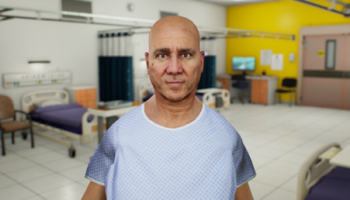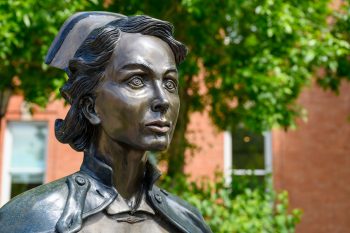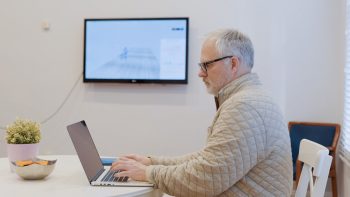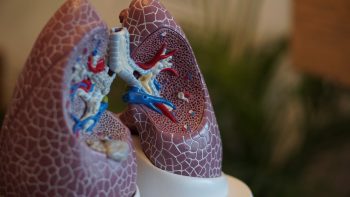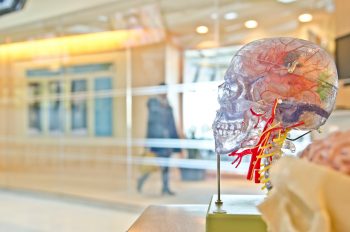Former NHS surgeon creates AI ‘virtual patient’ for remote training
A former NHS surgeon has created an AI-powered “virtual patient” which helps to keep skills sharp during a time when most in-person training is on hold.
Dr Alex Young is a trained orthopaedic and trauma surgeon who founded Virti and set out to use emerging technologies to provide immersive training for both new healthcare professionals and experienced ones looking to hone their skills.
COVID-19 has put most in-person training on hold to minimise transmission risks....

